Stella’s 10th Town Hall Discussion was held in the Municipality of Centar, in the hall of the Brakja Miladinovci Library in Skopje.
There were three key speakers — Dragana Karovska Čemerska, a lawyer who has worked for more than 15 years in the non-governmental sector, Mersiha Smailovic, a co-owner of a financial and legal consulting company and a human right activist, and Lura Polozani, one of Stella co-founders.
Dragana focused on the issue of discrimination in the everyday life and discrimination that women face in their careers. She emphasized the systemic problems that single mothers face because the institutions are not ready to support them and they are left alone to fight for their careers, but also to be present for their children. ‘Discrimination and sexual harassment of women in our society is already accepted as the social norm,’ she pointed out.
Mersiha Smailovic pointed to the discrimination and stereotypes that people have based on the look of the women and the way they are dressed. She spoke of many experiences where she was discriminated against only because she was wearing a burqa. She talked about the ethnic discrimination of women in the society, as well as the sexual harassment in the workplace that a lot of women in the country face.
Lura Pollozhani spoke about the need for women to unite and fight for their rights and the ways in which they can oppose and defend themselves from the sexual harassment, as well as the legal ways to do that in our country. She noted how even if the legal system in the country was not responsive enough, women should remain strong and pursue these cases through judicial means. ‘Women should have solidarity with the other women that work with them, especially if they have a case of sexsual or any kind of other harassment at their workplace,’ she pointed out.
The discussion continued with stories that touched the question of sexual harassment in the workplace. ’I was going through a very difficult time during my studies and my previous three workplaces. I was sexually harassed during my education, by a university professor, and I could not past the exam for years. My boss blackmailed me to go out with him for a dinner if I want to advance in my career or get a higher salary,’ shared one of the participants. ’I have never had support from my colleagues, so I could not take any of these cases to court,’ she explained.
Another story was shared by a girl that was on a work-and-travel in another country, and she worked at a café. The owner of the café constantly harassed her and yelled at her for months. She talked with his wife mostly about the harassment, but she did not get any support from her; in fact, she even blamed her for the harassment. This verbal harassment was so unbearable that she left the job after only a month.

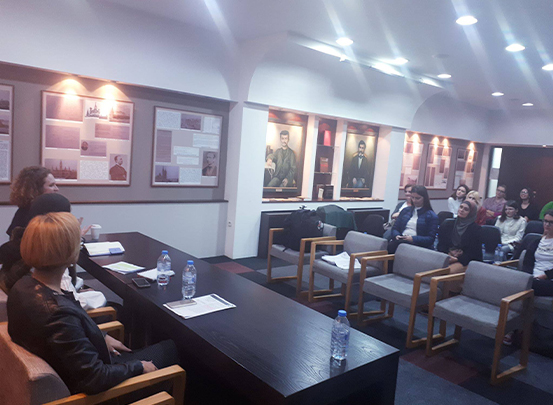
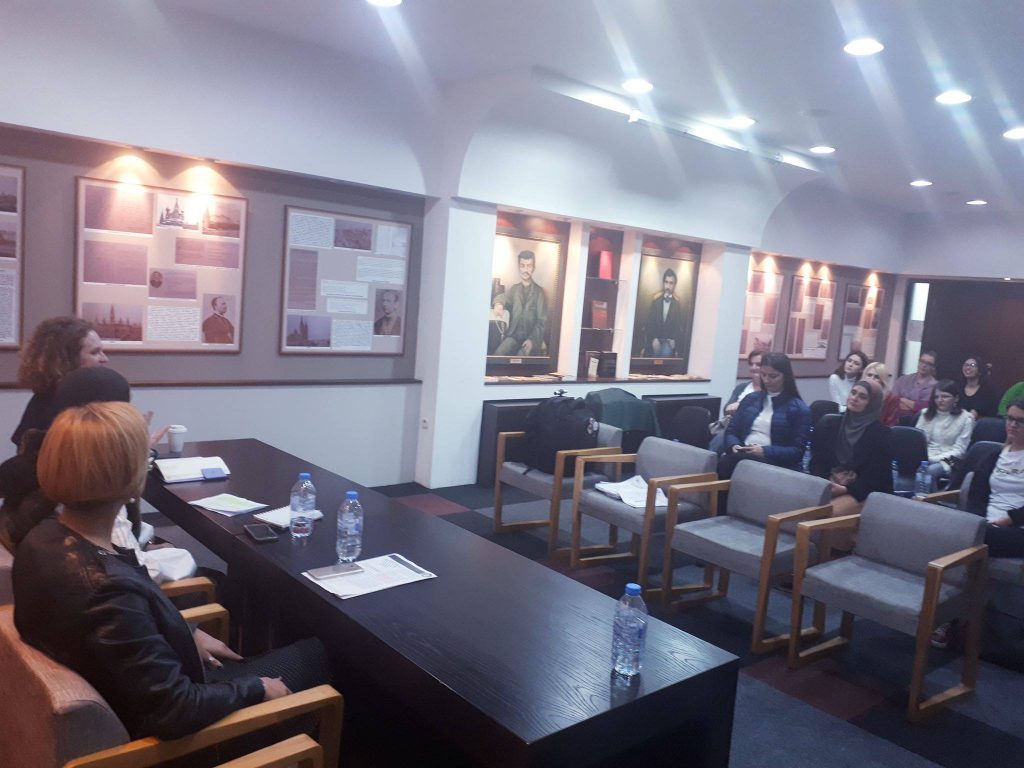
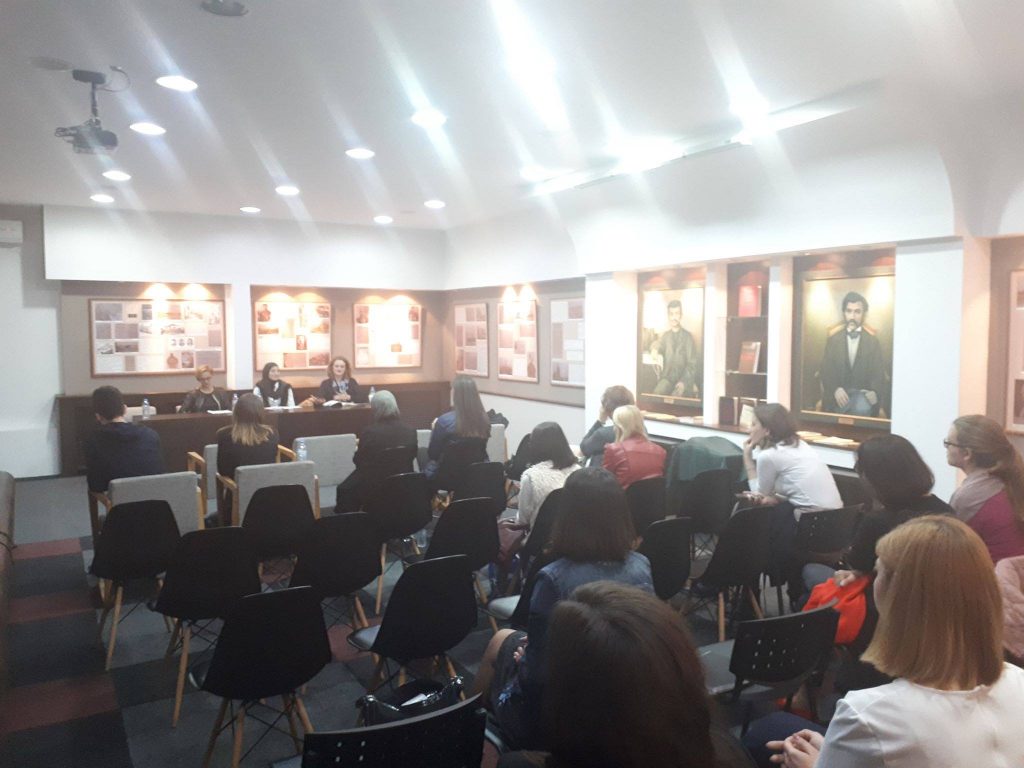
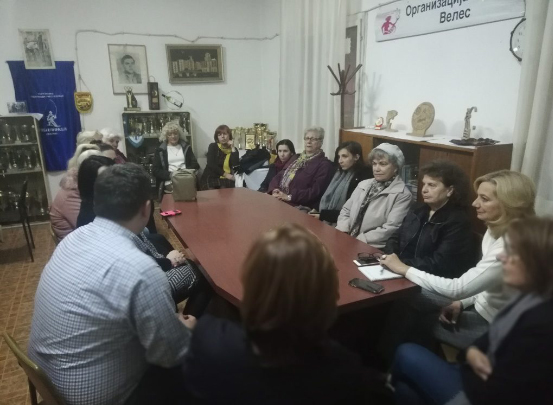
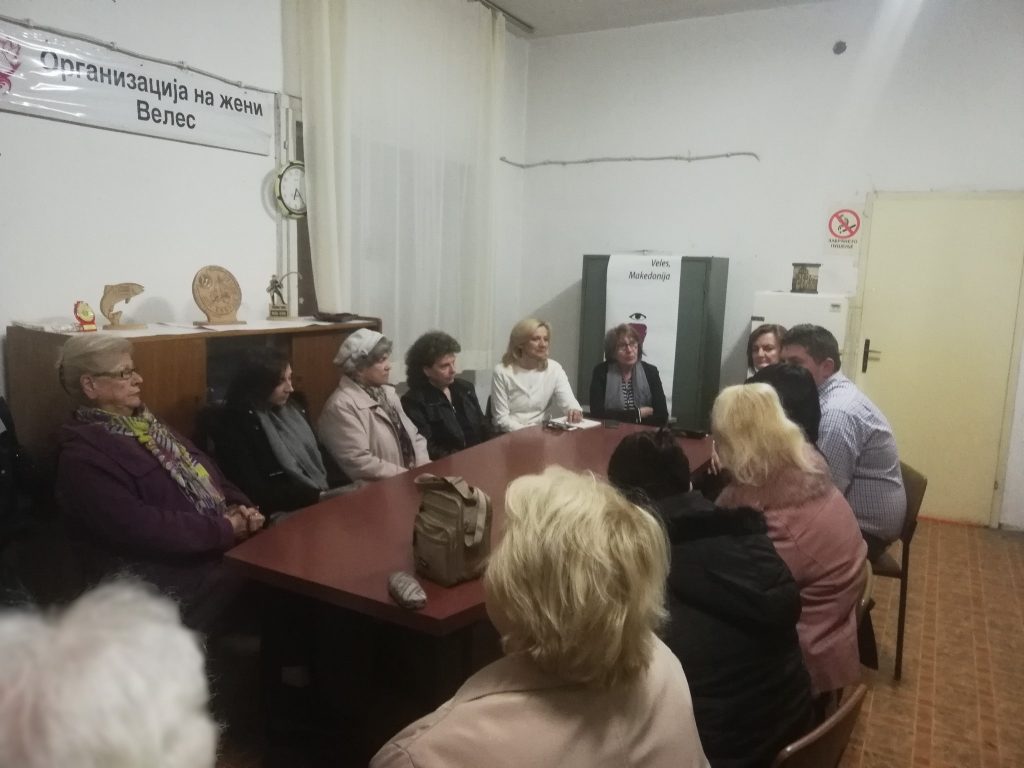
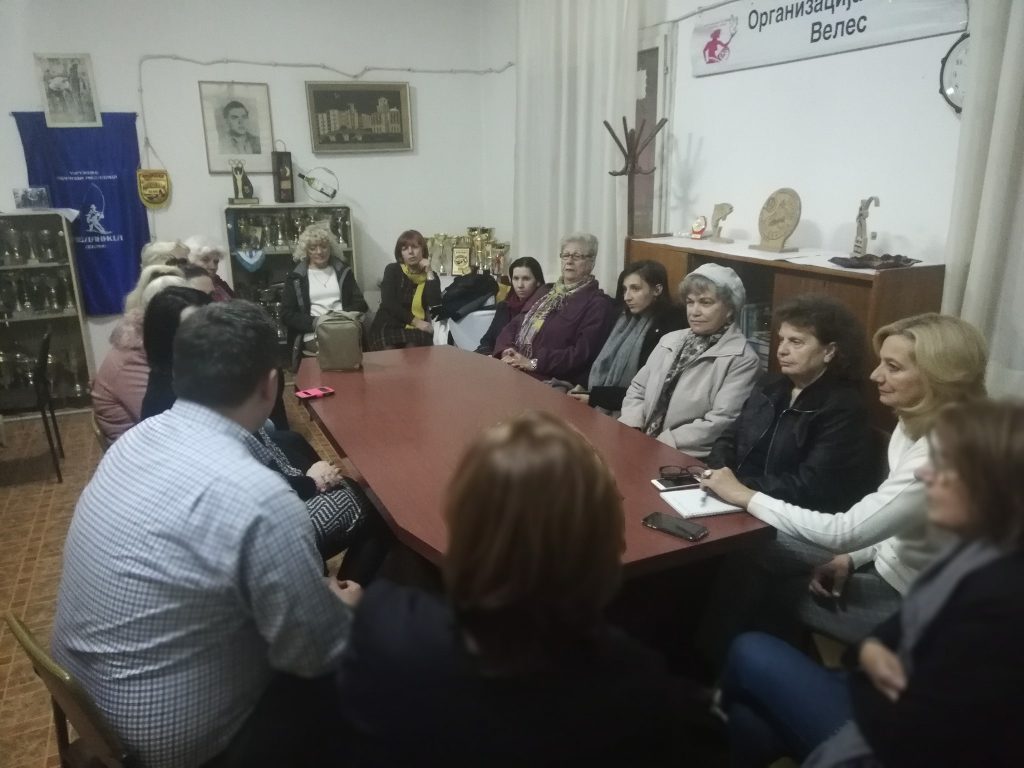
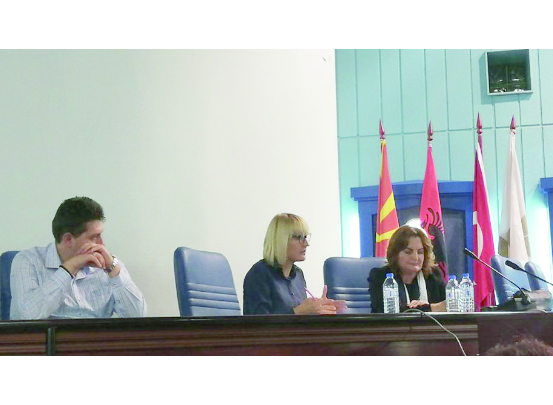

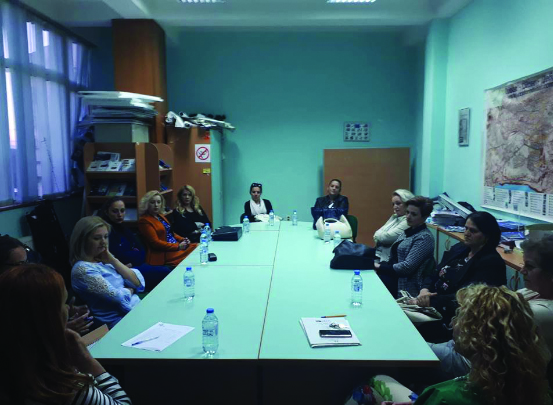
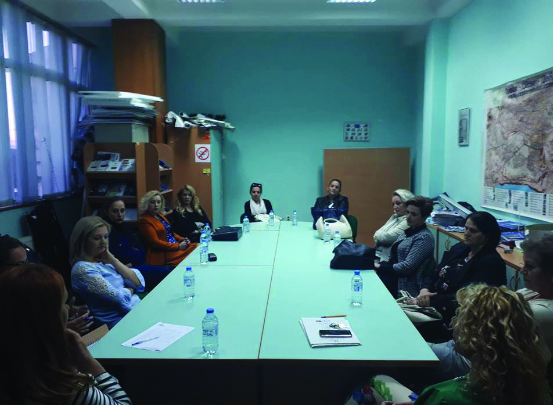
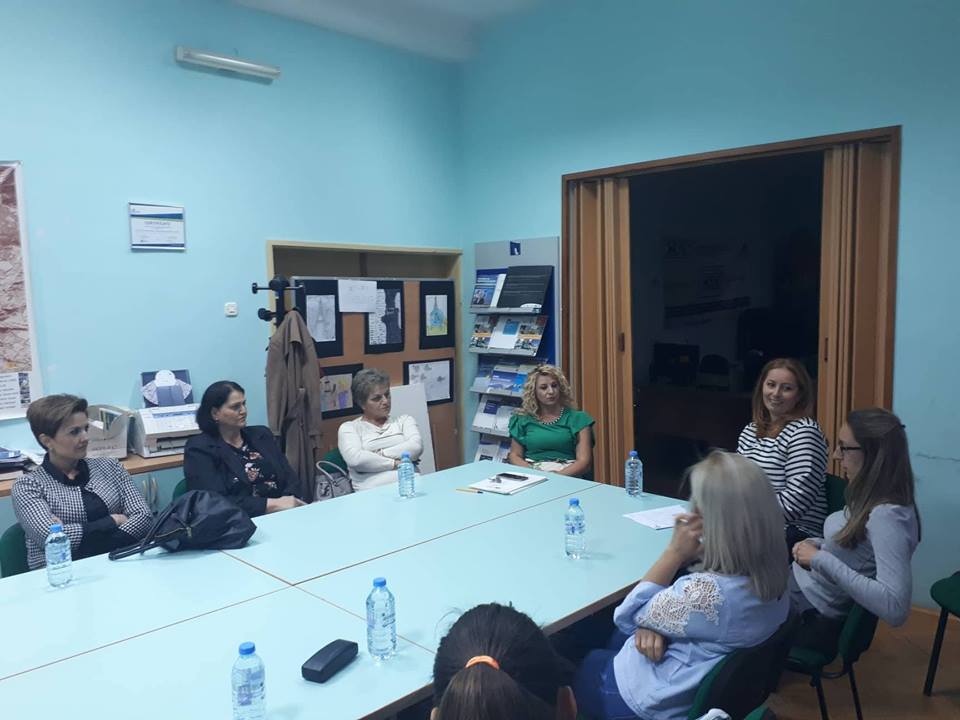
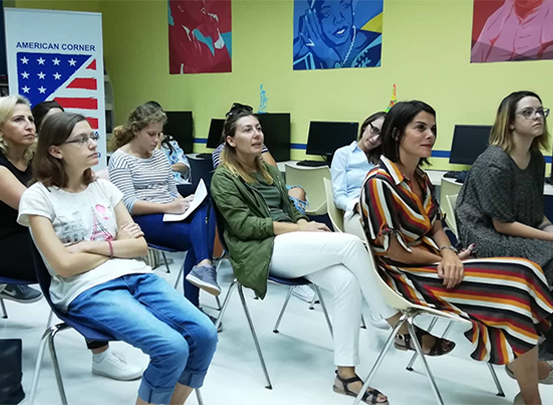
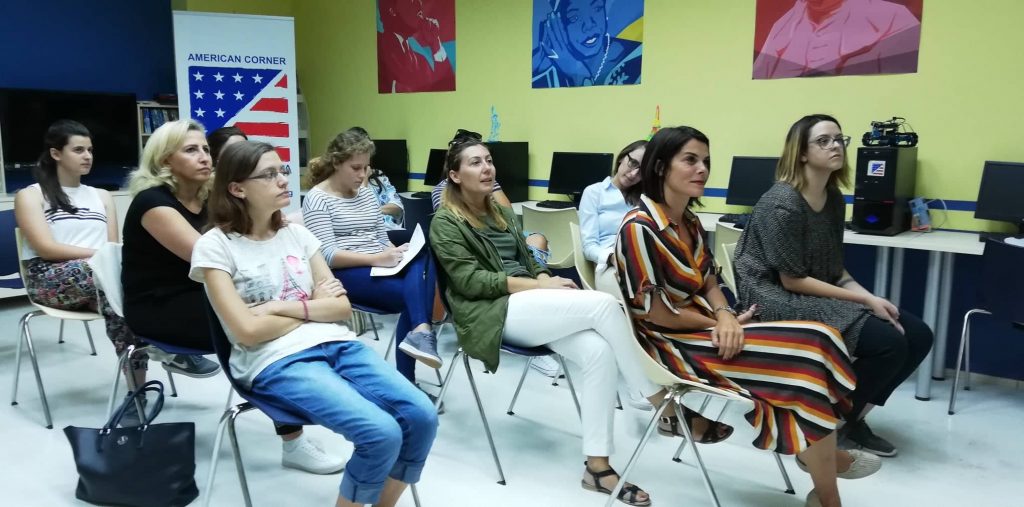
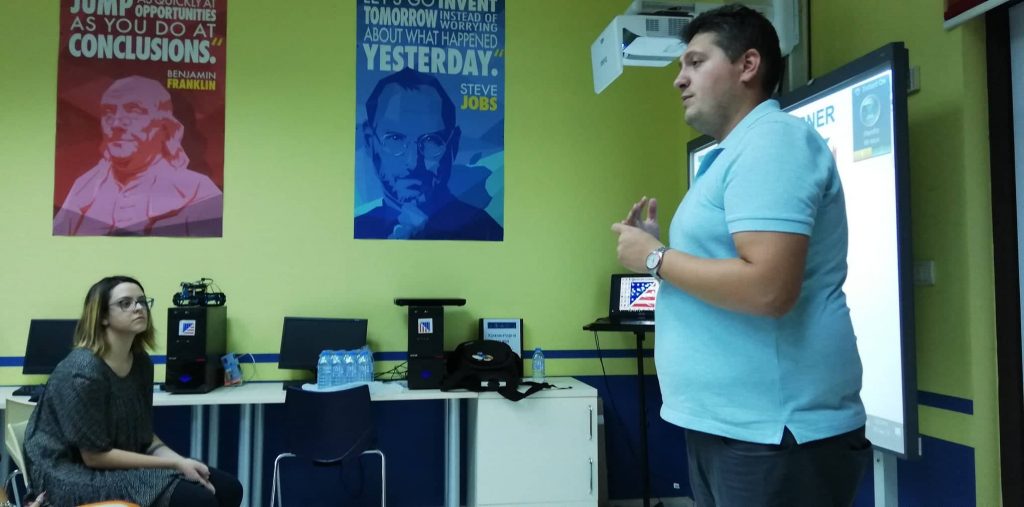

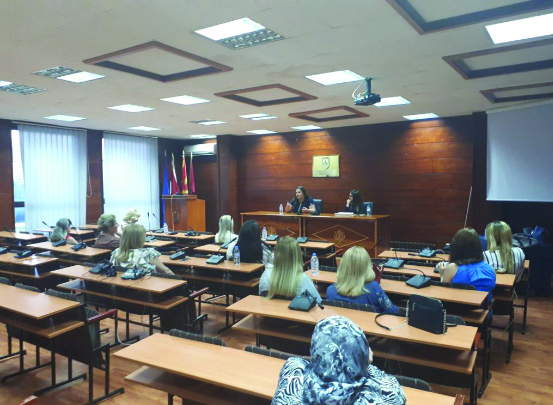
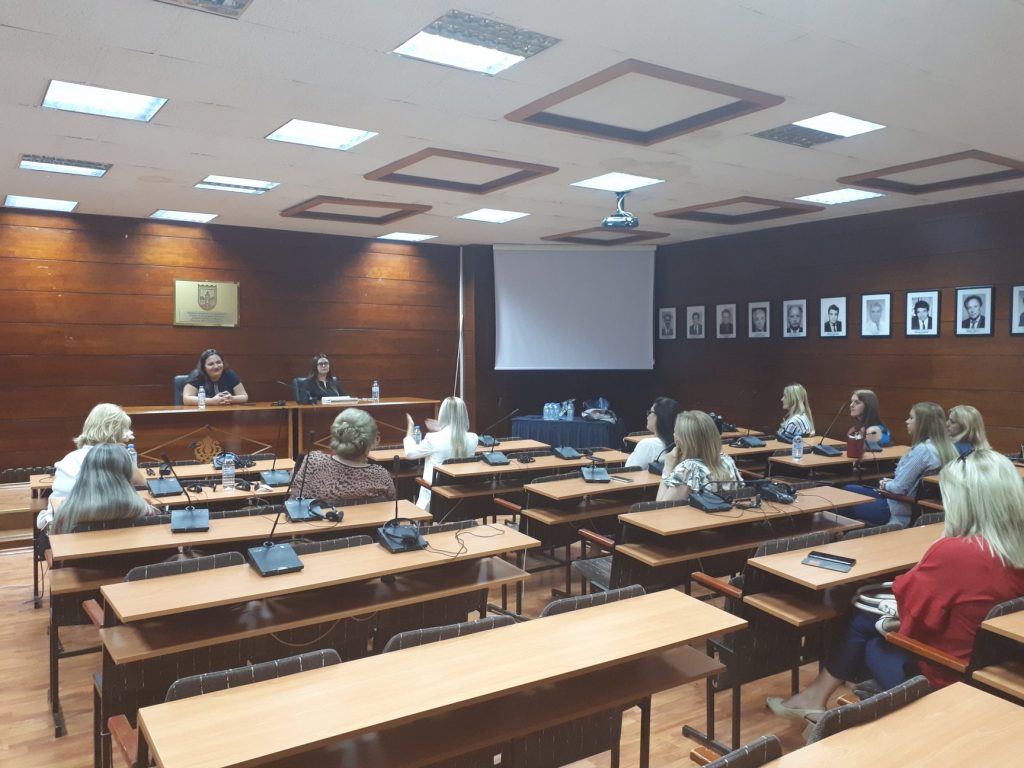
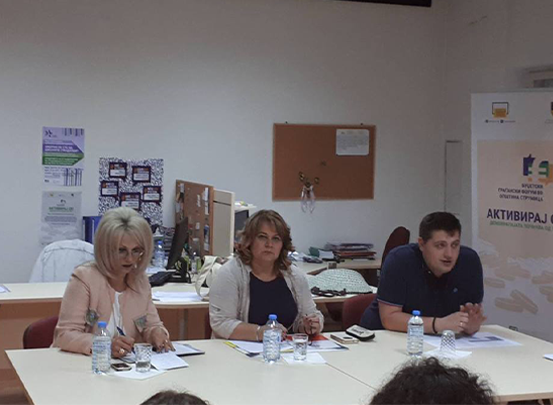
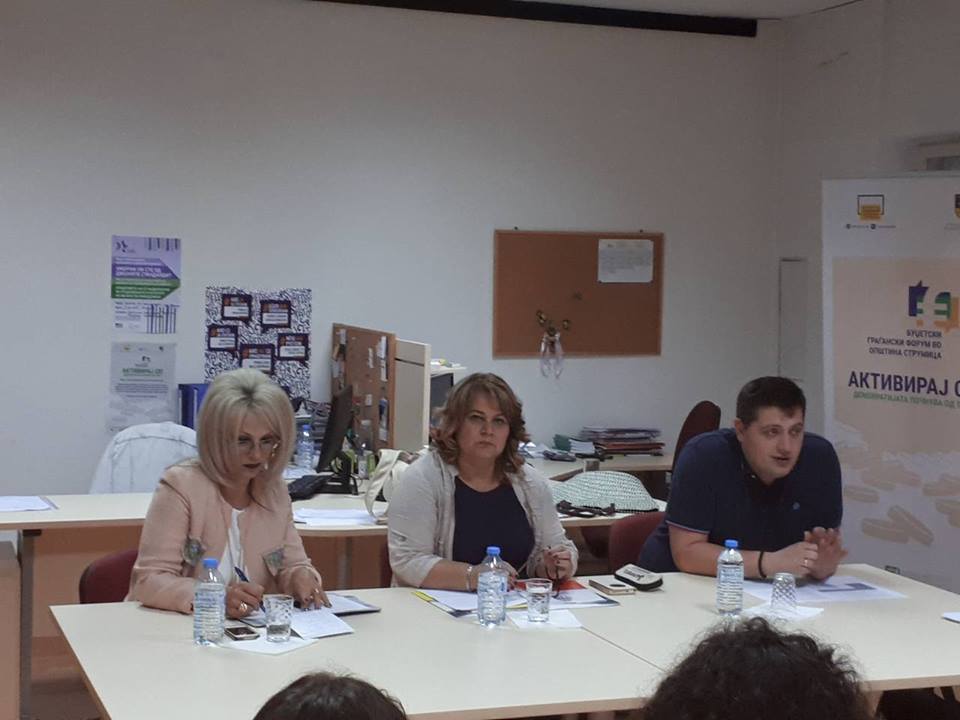
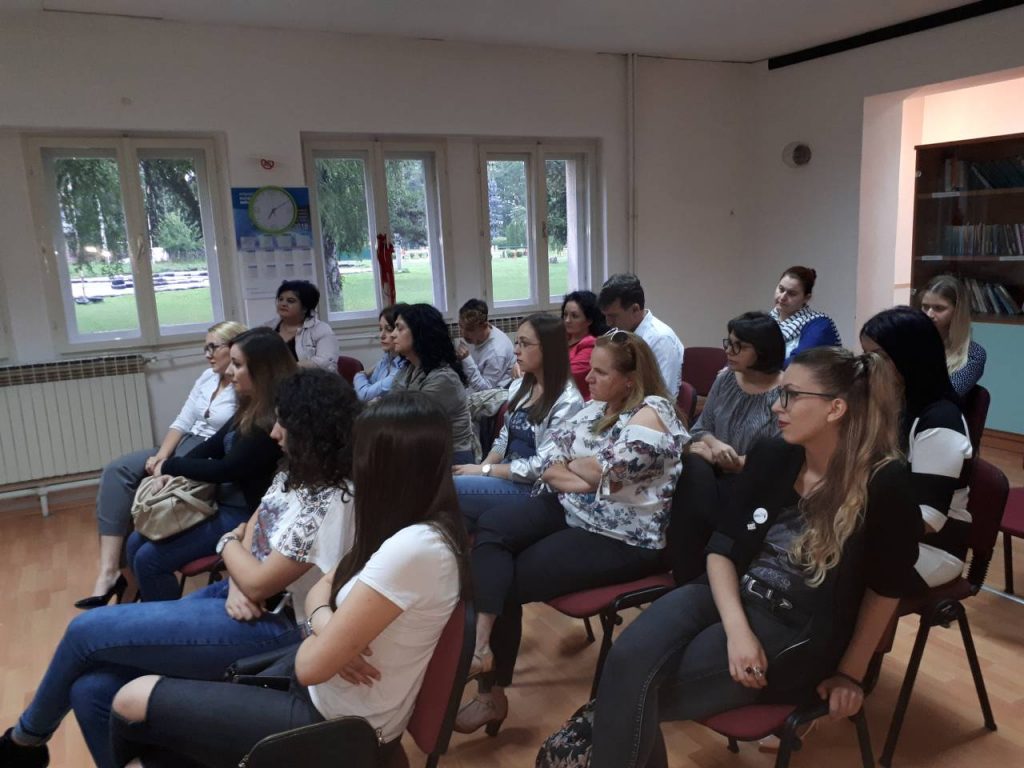
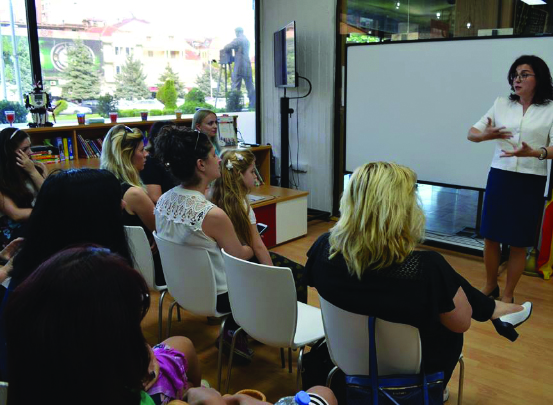


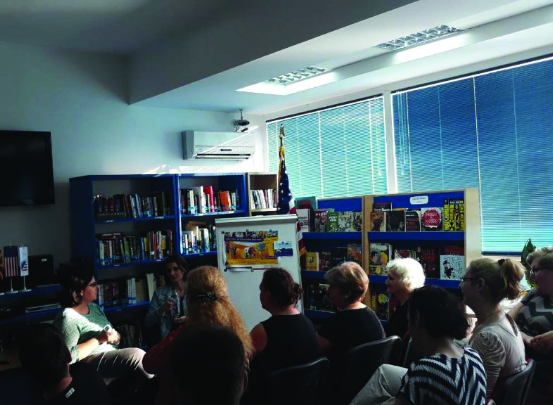


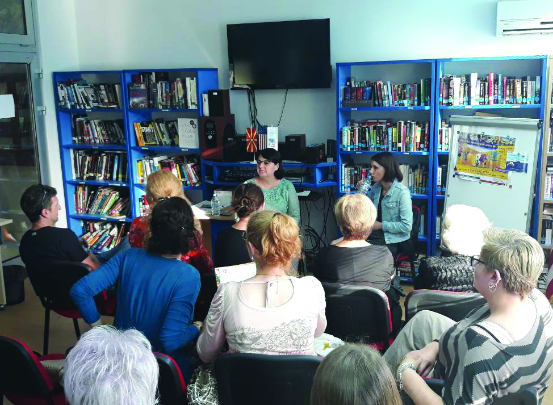
Recent Comments